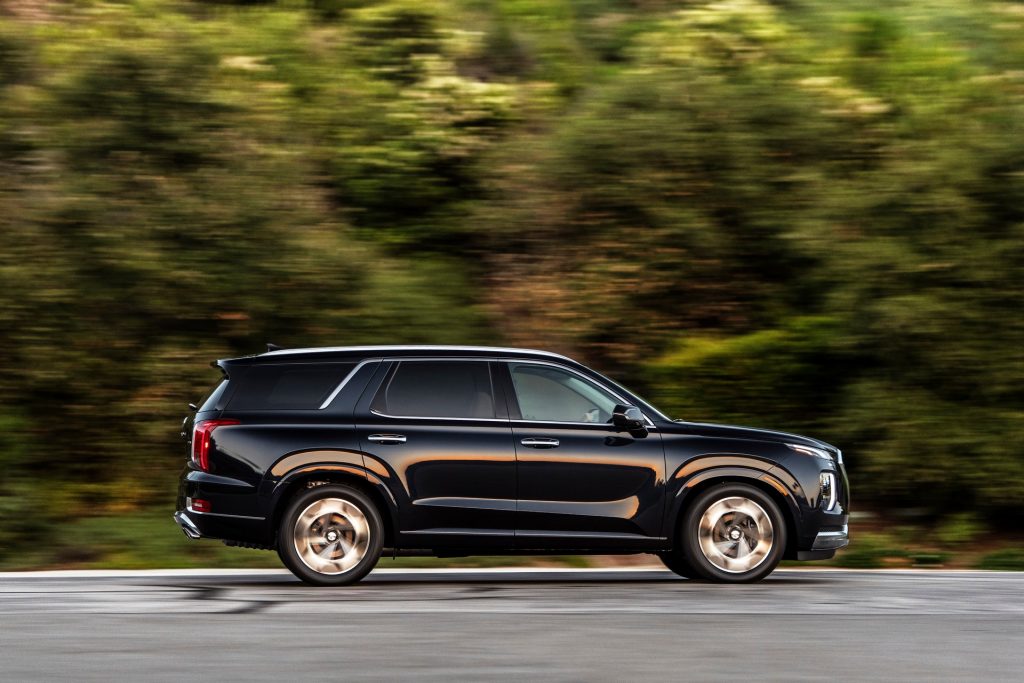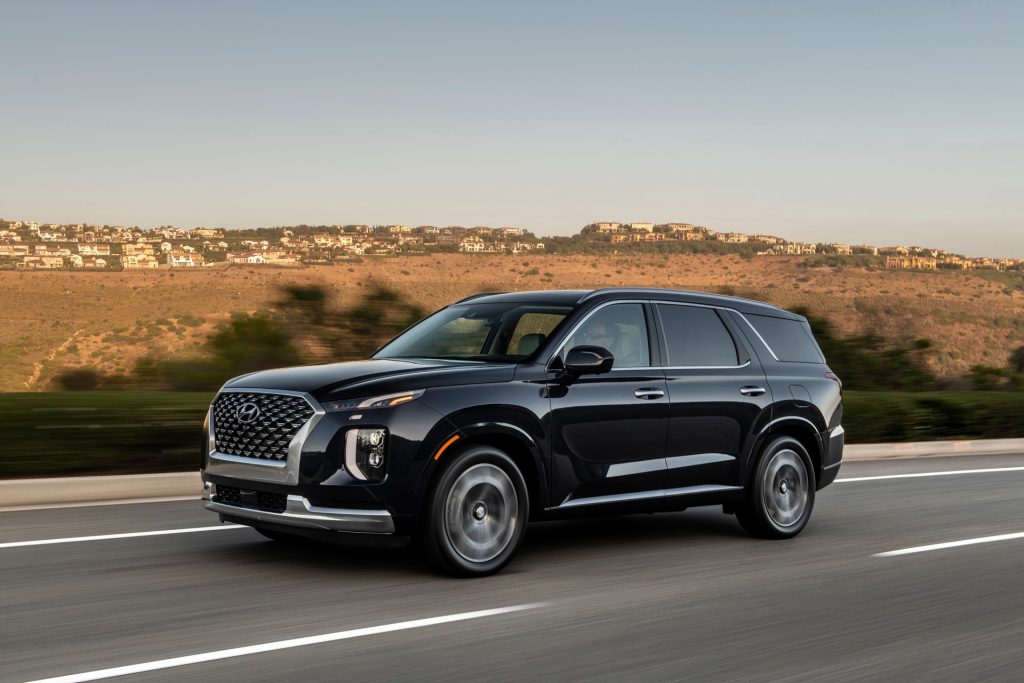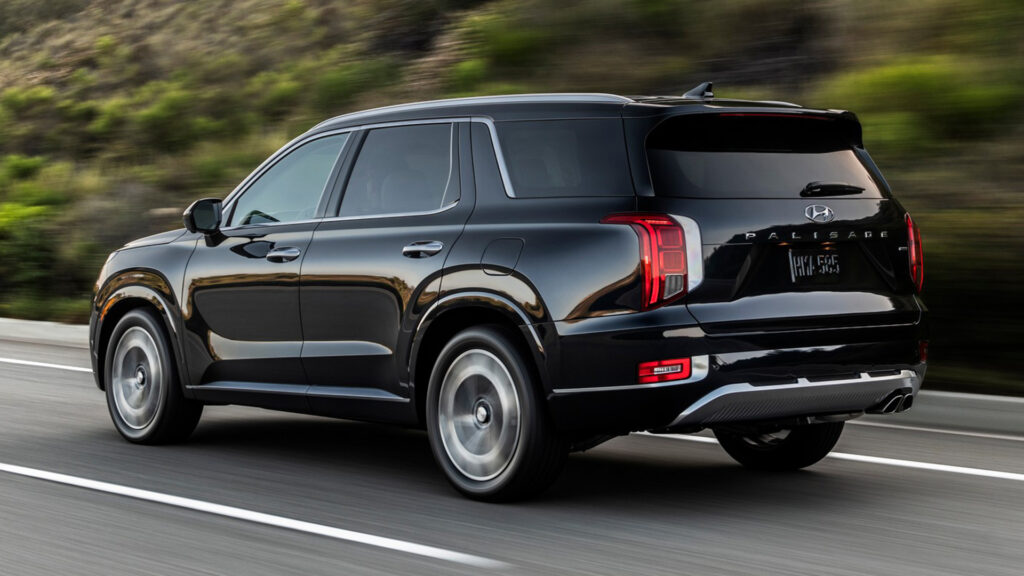- The two plaintiffs claim they should be compensated for the diminished values of their Palisades.
- Hyundai recalled over 570,000 vehicles to remedy the wiring harness last year.
A class action lawsuit recently filed on behalf of residents in Texas and Missouri claims optional tow hitch wiring harnesses on 2020-2022 Palisade models can short circuit and catch fire, providing the car manufacturer with another headache after a recall was issued for the fault in March 2023.
The lawsuit, filed in the U.S. District Court for the Central District of California, states that owners paid between $475 and $750 for an optional tow hitch and tow wiring harness module. Last year, Hyundai concluded that if water accumulates on the tow hitch harness module printed circuit board, it could result in an electrical short and a fire.
Read: Over Half A Million Kia And Hyundai Owners Told To Park Outside Over Fire Risk
Hyundai swiftly recalled 571,467 vehicles in the United States due to safety concerns and recommended that owners park outside until repairs were done. The lawsuit asserts that as an interim repair, dealers were told to remove the fuses to stop power to the wiring harness modules, but this merely disables it, and renders it inoperable.
CarComplaints notes that in May 2023, Hyundai rolled out a permanent fix for the fault. However, plaintiffs Dana Jaye Bal and Donald Michael Williams believe it took too long for this repair to be introduced and that many customers who tried to schedule a repair had requests denied by dealers as they didn’t have the necessary replacement parts.

Bal owns a 2020 Palisade, while Williams owns a 2021 Palisade. They contend Hyundai hasn’t offered to compensate owners for the claimed diminished values of their SUVs, while also alleging Hyundai failed to reimburse owners and lessees for out-of-pocket expenses related to the wiring harness problem.
That final claim contradicts what Hyundai said in its initial recall notice where the brand stated it would “provide owners of affected vehicles reimbursement for out-of-pocket expenses” for any related repairs they had done before the recall was issued.




